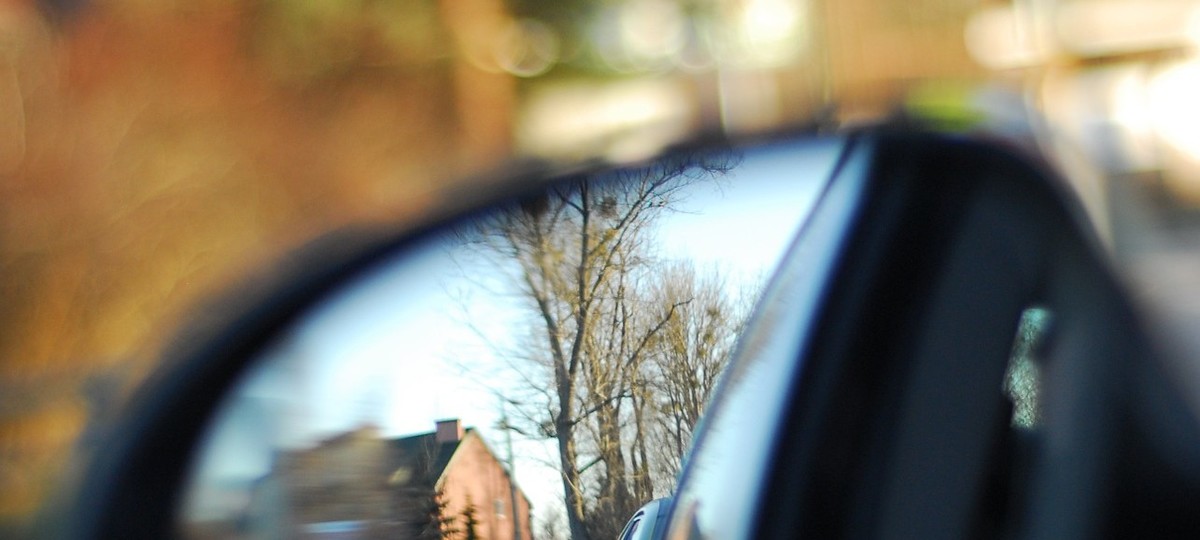
If you've seen the poster for Halle Berry's new movie — or heck, noticed its name, "Kidnap" — it will come as no surprise that a few minutes after Halle has taken her son to the park and gets distracted by a brief phone call, her child disappears. He has been Taken.
Oh, wait. Sorry — that's the Liam Neeson franchise. But anyway, yes, her child has disappeared in the blink of an eye, and a few frantic scenes later, Halle spies him being loaded into a car even older than my own. Incredible. How is it that child snatching is presented as such a lucrative business (according to the movie, kids go for $100,000 each), and yet the snatchers drive clunkers?
It must be because they drive the most amazing clunkers in all creation, capable of careening through 90 minutes of Hollywood car chases. For that is what "Kidnap" quickly becomes: Halle on the heels of the creeps, setting off wreck after wreck on the way, all treated as meh, because she is a Mom on a Mission. Between highway shots, we see Halle talking to herself in the car —"I'm coming baby!" — and that's it. Plus, in one scene, a shovel to the head.
Now you don't have to buy a ticket.
But a trite script and only moderately tense car chase are not what's criminal about this movie. What's criminal is that it is supposed to be a heroic tale of Halle dealing with every mom's worst nightmare: A stranger kidnapping her kid. But instead of empowering moms, the plot reinforces the idea that this particular crime is something all parents should keep top of mind when taking their kids on an outing.
Strangers kidnapping young children to sell is such a vanishingly rare crime that David Finkelhor, head of the Crimes Against Children Research Center, said he'd file the "Kidnap" movie under "science fiction."
And yet, around the country, parents wait with their kids at the bus stop every morning now, or drive them door-to-door. A Mayo Clinic study found that three out of four parents are afraid their children will be abducted. Only about 13 percent of kids still walk to school. Thanks to "Kidnap"-type fears, children are constantly supervised outdoors, or simply stashed indoors for safekeeping, like delicate china.
While a single movie doesn't move the needle, what we have today is a culture so obsessed by kiddie kidnapping that you'll find booths at fairs where parents are encouraged to fingerprint their kids, save a bit of their hair, and sometimes even have the kids take a dental impression, all to be prepared if "the unthinkable" occurs.
An article this past weekend about one such booth in Texas quoted a mom saying, "There's so many children that are taken, and trying to get all these things together in that moment of panic is hard."
She is already rehearsing the "Kidnap" scenario in her head.
What is the harm of being prepared? It's that in our desire to keep kids safe from an extremely unlikely danger we are exposing them to far more likely ones. Obesity and childhood depression are both up. Young people age 19 have the activity levels of 60-year-olds. From 200 to 2009, "adult onset" diabetes soared 30 percent — in kids.
We are making our kids more emotionally and physically vulnerable by not letting them do things on their own. Until we give them back some unstructured, unsupervised time outside, consider them kidnapped ... by us.
Comment by clicking here.


 Contact The Editor
Contact The Editor
 Articles By This Author
Articles By This Author